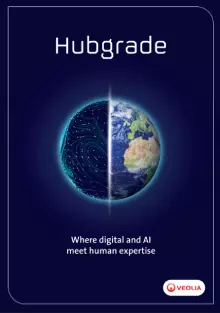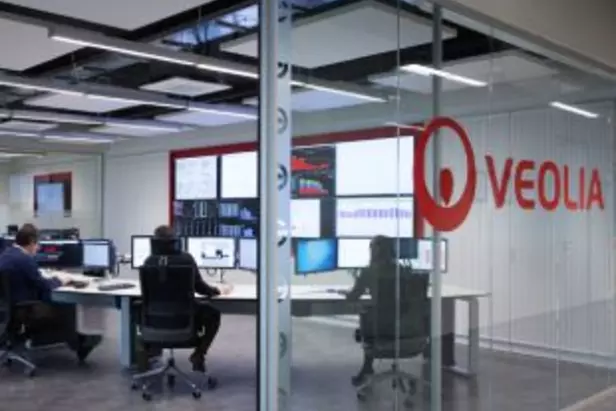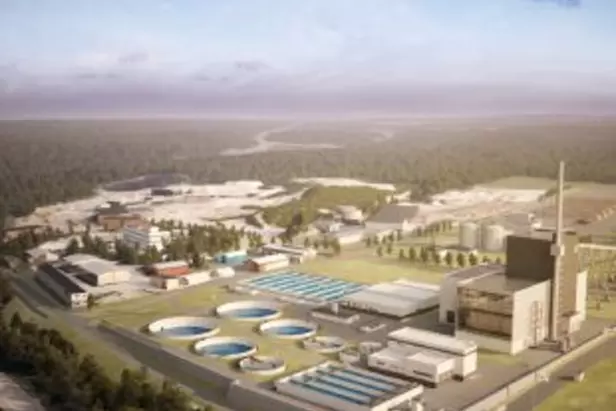What is a smart city?
A smart city is defined as an urban area that uses information technology to improve its services, while optimizing operation and minimizing costs.
In concrete terms, this mainly involves connected objects (sensors, probes, meters, Internet of Things, etc.) that provide data about resources and services. This data can be communicated in real time, making it possible, for example, to take action in managing water resources, energy efficiency or even waste collection.
The smart city also makes its inhabitants transmitters of information, through their use of urban networks and services. In return, it provides them with information and engages their responsibility, stimulating a collective move toward restrained consumption and resource optimization.
This data collection approach, which is part of smart city projects, is accompanied by particular vigilance regarding use, storage and security of the data.
2 in 3 people in the world will live in cities by 2030, which makes it all the more crucial to improve the way urban services operate.1

Our approach to developing the smart city
With our smart city solutions, we put technology at the service of the city, its residents and the environment. Whether it's optimizing water, waste and energy management, aiming for better environmental performance or enhancing the quality of life of citizens: we are ready with a response.
New technologies to secure drinking water supply
We monitor the availability, quality and condition of drinking water networks in real time. In this way, we enable operators and public decision-makers to guard against risks to this resource and act accordingly. Since 2016, water has appeared in the top five of the Global Risk Report published by the World Economic Forum: industrial pollution, micropollution, resource scarcity, climate and terrorist risks, etc. There is no shortage of sources of concern. From sensors to data analysis systems, our solutions are there to address these concerns.
Hubgrade for the smart city
We set up monitoring services to better manage facilities. Named Hubgrade, our smart monitoring solution is based on both automated protocols and operator intervention. Operators act on the basis of the information collected: temperature, pressure, flow, electrical intensity, hygrometry, power emitted or consumed, averages, peaks, troughs, incidents, etc. All this is done to raise the level of infrastructure performance and to monitor, evaluate and optimize water, energy and waste resources in real time.
Artificial intelligence at the heart of our business
We are developing artificial intelligence (AI) to optimize our services. Its algorithms enable us to facilitate waste sorting, optimize water consumption, and anticipate anomalies in infrastructure. AI is now at the heart of some of our flagship tools, such as the Hubgrade control centers.
Remote water meter reading: the smart city in every home
We offer a solution for remote water meter reading. This technology meets both the needs of users (who no longer have to be at home when the meter is read) and, above all, of local authorities, which are better able to detect water leaks and anomalies. More generally, readings that are more reliable and more frequent allow better management of the network. All of this while strictly respecting the confidentiality of the data.
Easier reporting and energy performance transparency
We help our customers improve how they communicate about their energy performance and to improve it. This is the purpose of our various reporting solutions, which meet the transparency requirements faced by many players. They can use them to improve how they measure their operational, environmental and financial excellence. When implementing an energy performance contract, our solutions also help them demonstrate compliance with their commitments.
Advanced wastewater network management solutions
We improve wastewater network management. With the challenges of extreme weather events such as drought and flooding, it is increasingly important for cities to be able to monitor their networks in real time. Our solutions and various sensors make this possible.
Smart services for wastewater treatment plants
We make wastewater treatment plants more efficient with our technological solutions. These solutions allow operators and builders to provide higher quality service by managing the various stages: primary, secondary, tertiary treatment, sludge treatment, odor management, and sometimes recovery. For example, our real-time control centers improve control of this activity’s costs.
Our solutions for action
- Optimize and reduce costs
- Optimize and protect resources
- Reduce environmental footprint
- Improve service
- Prevent incidents
- Secure networks
- Advanced service modelling
- Detect fraud
The Veolia difference


We did it!

Spain
In Bilbao, we supervise more than 2,000 energy installations, including nearly 1,000 buildings, 60 industrial sites and 20 cooling and heating networks from our Hubgrade center. It serves as a network control tower, providing real-time hypervision of each connected facility on its wall of screens. It employs over 300 experts and has six control stations.

Sweden
We have built an innovative wastewater treatment plant in Borås, Sweden. Equipped with state-of-the-art technology, the plant, which went into operation in late 2018, produces sewage sludge capable of releasing as much energy as possible. A biological treatment process recovers the phosphorus contained in the sludge and converts it into fertilizer. The plant is entirely managed by a control and supervision system that provides continuous environmental, energy and economic optimization.
Source :
1United Nations (UN), 2019



